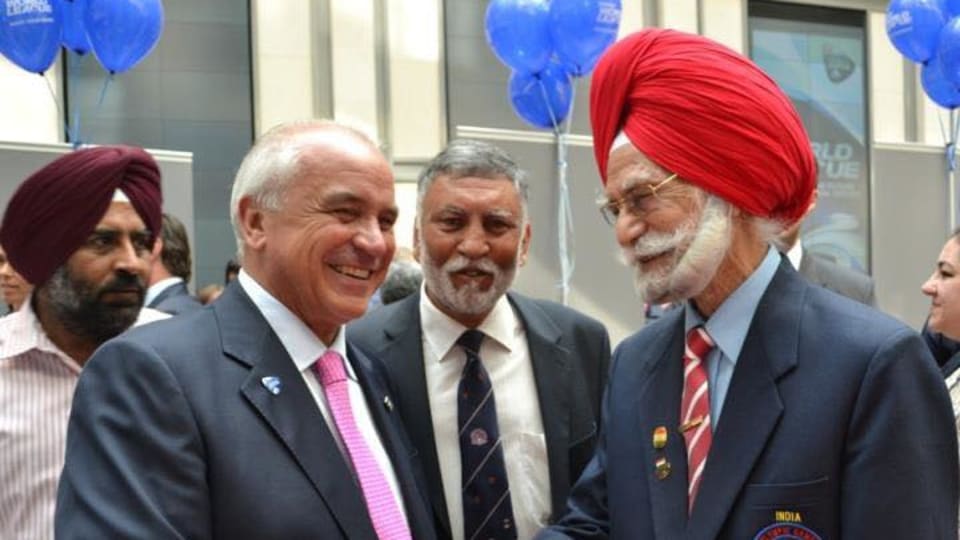Triple Olympic gold medallist, hockey legend Balbir Singh Sr. passes away
One of hockey’s finest forwards, Singh, 96, had battled with multiple health complications in the past fortnight.

Indian hockey legend Balbir Singh Dosanjh breathed his last early on Monday after being hospitalized for over two weeks in Chandigarh, his grandson Kabir confirmed in a statement.
“He died at around 6:30 this morning,” Abhijit Singh, the director of Fortis hospital told the Press Trust of India news agency.
Balbir Singh Sr. (as he was popularly known), had been admitted to the Intensive Care Unit (ICU) on May 8th in a suspected case of pneumonia after he experienced high fever.
Though he tested negative for COVID-19, other tests revealed that he had multiple organ damage. A new blood clot had been detected in an MRI scan of his brain a few days back and he had been in a semi-comatose state.
This was the 96-year-old’s fourth critical hospitalization in the past two years, and he had battled three cardiac arrests within two days. Early last year, he had spent more than 100 days in hospital recovering from bronchial pneumonia.
Hockey’s golden boy
Balbir Singh Sr. is considered to be one of the finest forwards to have ever graced the game and his prolific returns and inspirational leadership helped the Indian hockey team win their second hat-trick of Olympic golds in 1948, 1952 and 1956.
He scored in both the 1948 and 1952 Olympics finals, and his five goals against the Netherlands in the latter still stands as the record for most goals scored in a men’s Olympic final.
In the 1956 Olympics final against Pakistan, the Indian hockey legend played through a fracture in his favoured right hand to guide them to a 1-0 victory and ensure a sixth consecutive gold medal.
Balbir Singh Sr. later went on to become the coach of the Indian hockey team, and inspired them to a bronze medal at the inaugural 1971 World Cup before being at the helm for the country’s only World Cup victory in 1975.
